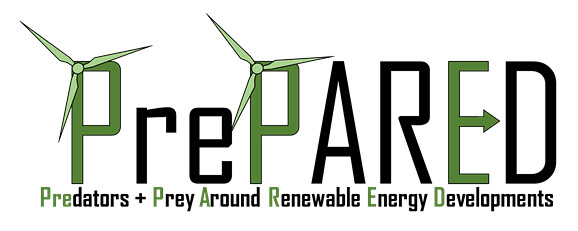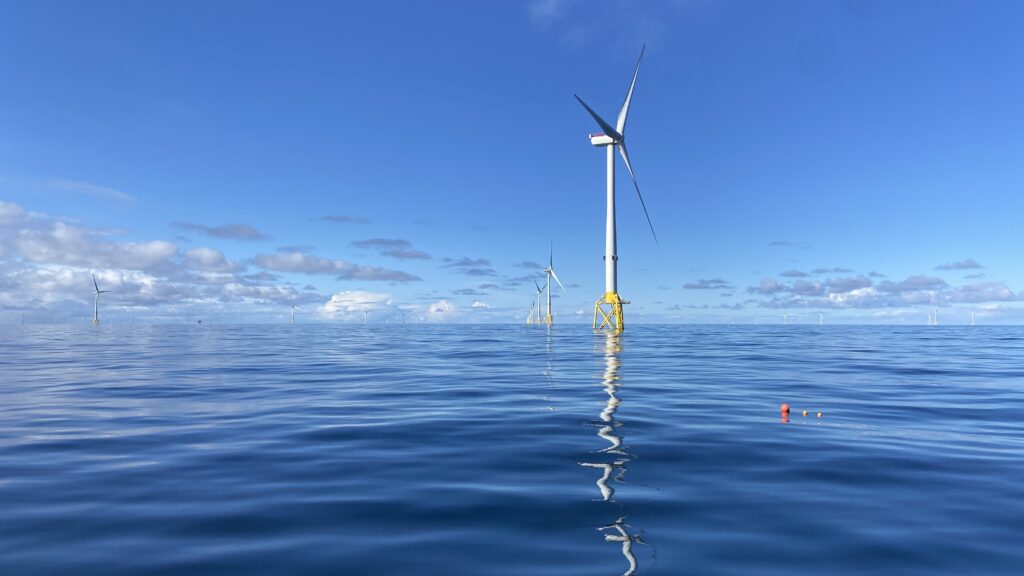
The month of April brings new opportunities and challenges for the Predators and Prey Around Renewable Energy Developments (PrePARED) project as we continue our important work to study the impacts of renewable energy developments on marine life.
Throughout April, our dedicated team focused on conducting field research, collecting data, and analysing the effects of renewable energy projects on predator and prey species. A short summary of our fish tracking work can be found below.
We have also been engaging with stakeholders, including renewable energy developers, conservation organizations, and government agencies, to raise awareness of the project and share our current findings.
As we continue our research and outreach efforts, we are grateful for the support of our stakeholders and the dedication of our team members.
PrePARED acoustic fish tracking
To assess how turbine foundations at the operational Moray Firth wind farms may alter the behaviour of demersal fish, the PrePARED project has deployed and been maintaining a large array (>80) of underwater acoustic receivers (hydrophones) across the two sites. By implanting tags that acoustically ‘ping’ into fish that are caught and released within the wind farms, they can be tracked by where their detections occur on the receiver array.
The Marine Directorate and University of Exeter team spent two weeks in April completing the servicing of receivers and tagging fish to be tracked over the coming year. Bad weather is always the bane of boat based fieldwork, and this period has been no exception, but it was still a very successful trip when weather allowed with 193 fish tagged. Both haddock Melanogrammus aeglefinus and Atlantic cod Gadus gadus were tagged and released bringing the total to over 250 fish tagged during the project.
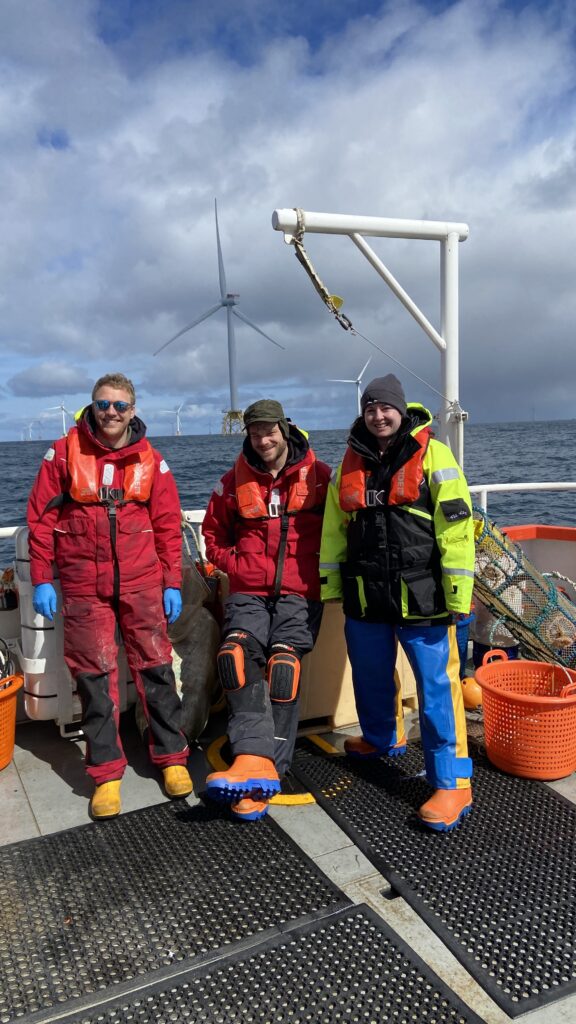
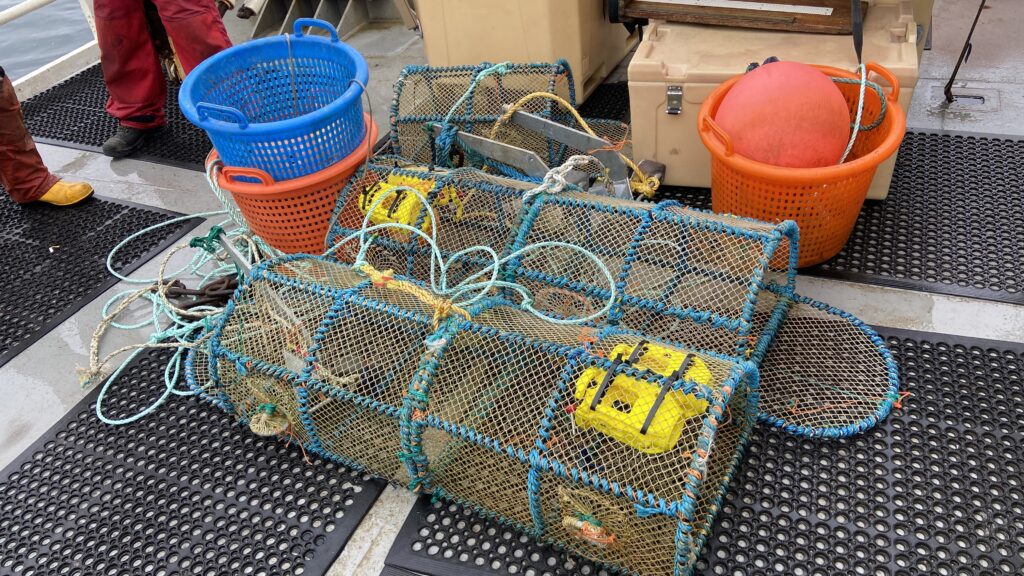
A new method of releasing fish was applied on this trip, where the fish were returned to their catch depth rapidly after surgery using cages with timed door releases. Getting them back to depth quickly aids with their recovery and helps alleviate the barotrauma they may have experienced on ascent after being caught. Cameras in the cages provided some supporting footage of the fish recovering and swimming around before being released at the seabed when the cage doors opened.
Anthony Bicknell, University of Exeter
Engagement
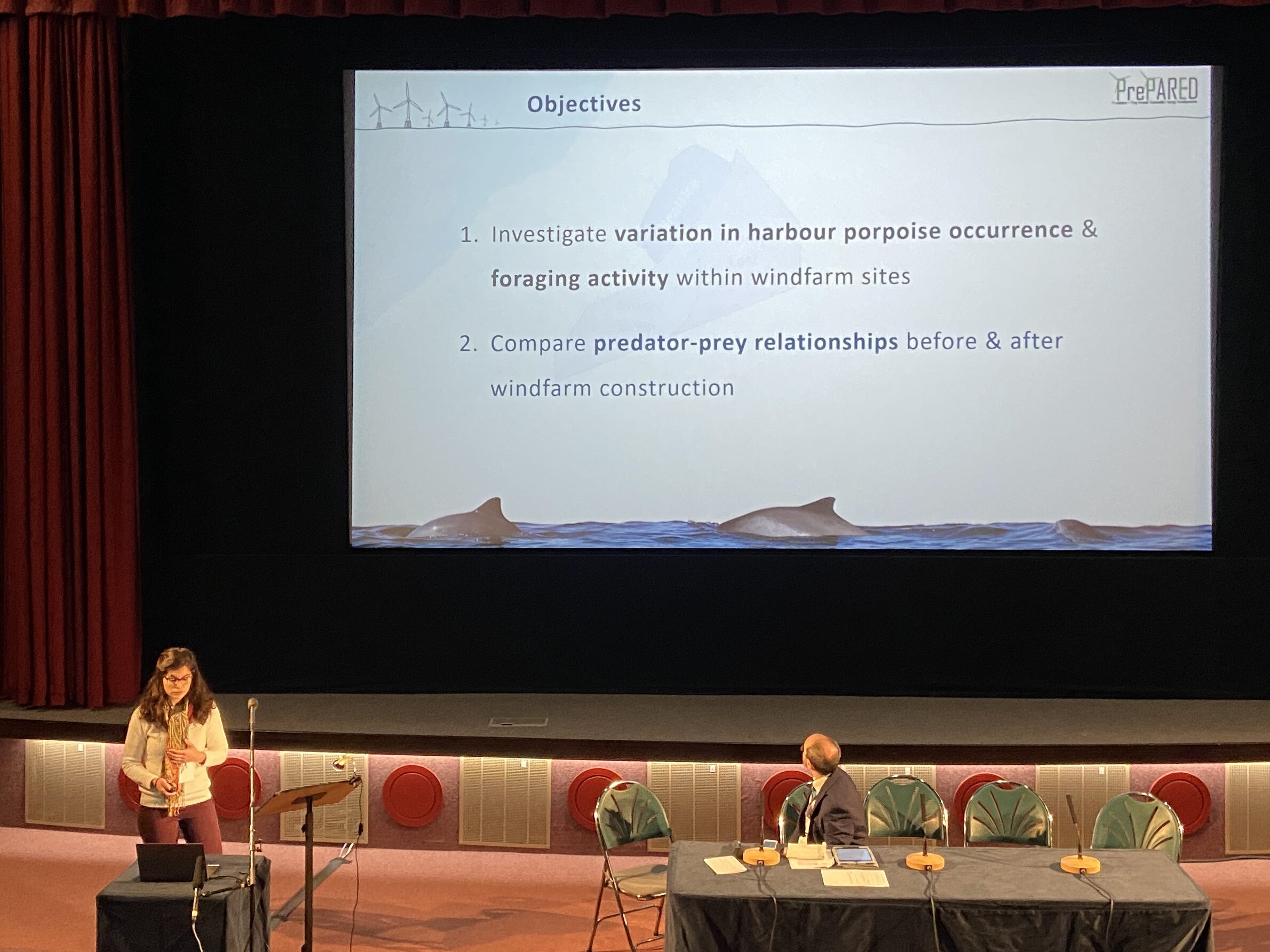
PrePARED colleagues Aude Benhemma-Le Gall (University of Aberdeen) and Anthony Bicknell (University of Exeter) presented PrePARED research at the EIMR 2024 in Kirkwall, Orkney
Philippa Wright (University of St Andrews) attended the event to present a poster on her PhD work within PrePARED.
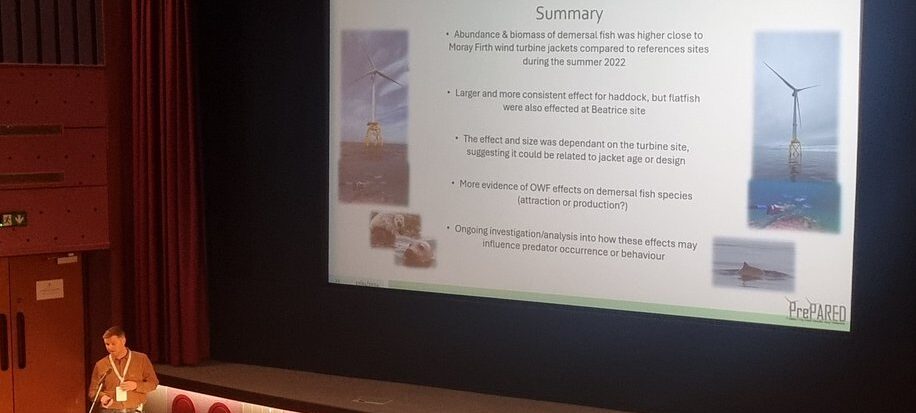
Chris Pollock (UKCEH), Kate Searle (UKCEH), and Katherine Whyte (BioSS) attended a collaborative workshop with NINA (Norwegian Institute for Nature Research) on “Using agent-based models for conservation biology”.
As part of the project, PrePARED is developing improvements to an agent-based model: SeabORD.
